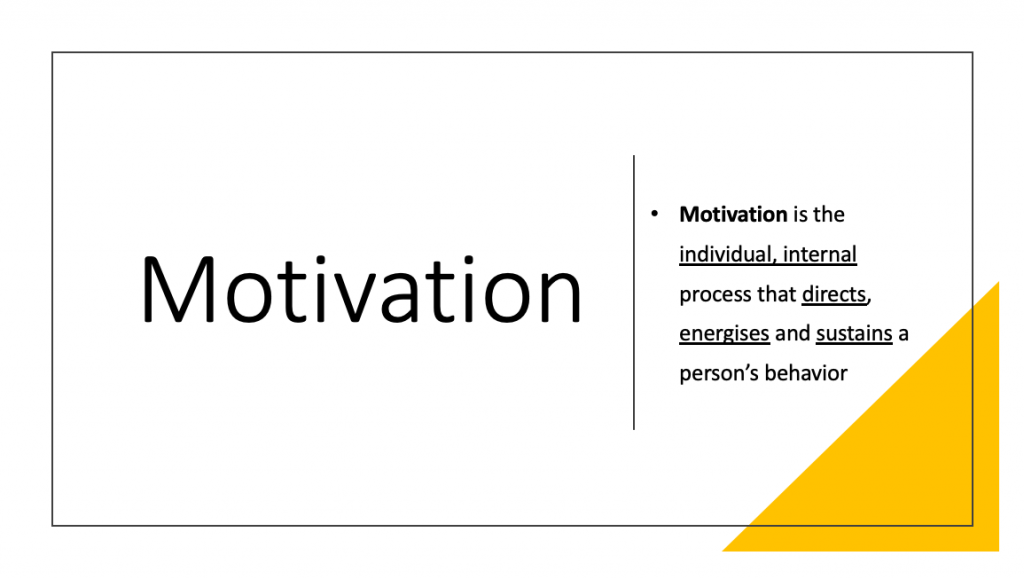VCE Business Management Revision (Grade A+)
Summary:
Effective management of employees is crucial for businesses as it can lead to increased productivity, sales, profit, and market share, meeting shareholder expectations. Motivation plays a key role in driving employee behaviour, as it is an individual, internal process that directs and sustains their actions. Additionally, businesses are encouraged to embrace corporate social responsibility, going beyond legal requirements to operate in an economically, socially, and environmentally sustainable manner.
Maslow’s Hierarchy of Needs provides insights into employee motivation by highlighting the importance of satisfying different needs. By recognizing and addressing these needs, businesses can maximize employee motivation and productivity. However, it is essential for managers to consider the individual needs of each employee and introduce appropriate strategies to foster motivation. While this theory offers valuable insights, it can be challenging for managers in large organizations to identify where each employee sits within the hierarchy, and its applicability may vary among individuals.
Goal Setting Theory, proposed by Locke and Latham, emphasizes the role of clear, challenging goals in motivating employees. When employees are actively involved in goal setting and receive regular feedback on their progress, their motivation and performance will likely improve. Clarity, challenge, commitment, feedback, and task complexity are key principles that enhance the effectiveness of goal setting.
Lawrence and Nohria’s Four Drive Theory identifies four fundamental drives that influence human behaviour, including the drive to acquire, bond, learn/comprehend, and defend. To motivate employees, businesses need to consider and satisfy these drives. However, it is important to maintain a balance between personal and business outcomes, as an overemphasis on a single drive may have unintended consequences.
In summary, effective management of employees involves understanding individual needs, setting clear and challenging goals, providing feedback, and addressing the four fundamental drives that motivate employees. By considering these theories and applying appropriate strategies, businesses can enhance employee motivation, and productivity, and ultimately achieve their desired outcomes. Furthermore, embracing corporate social responsibility ensures that businesses operate sustainably, contributing to the overall well-being of society and the environment.
Excerpt:
VCE Business Management Revision
• Motivation is the individual, internal process that directs, energises and sustains a person’s behaviour.



Reviews